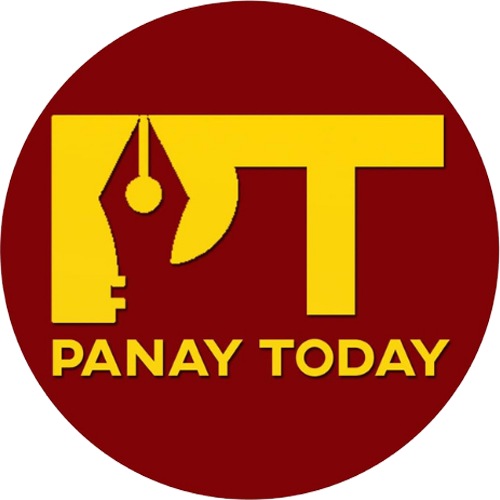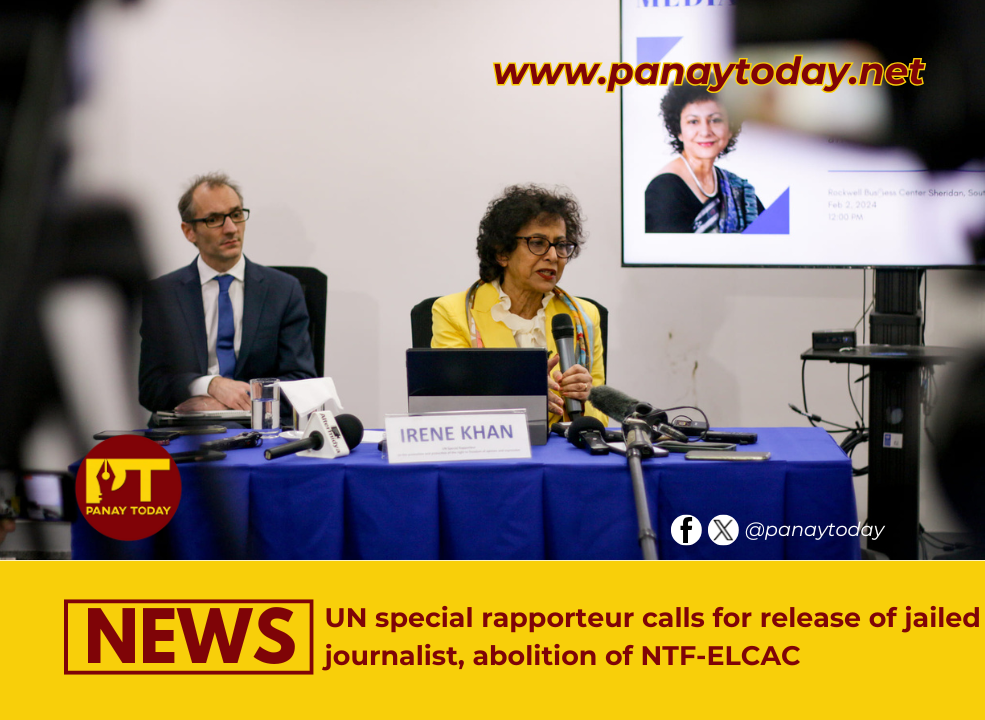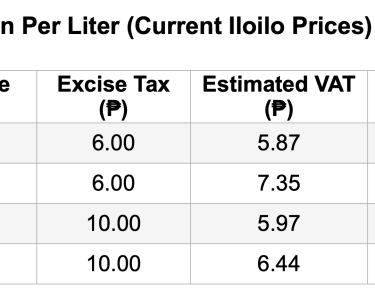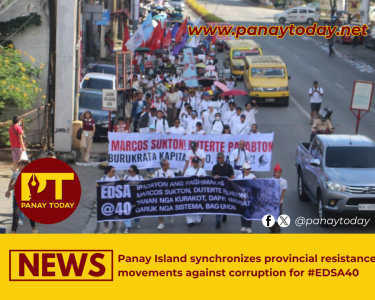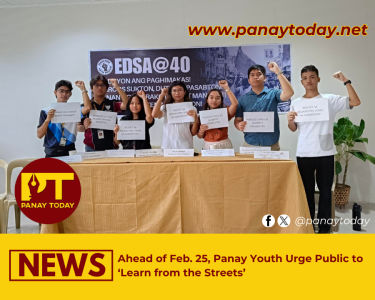United Nations (UN) special rapporteur on freedom of expression and opinion Irene Khan stated that serious threats to media and vocal critics persist in the country. This was part of her final report to the UN Human Rights Council during the 59th UNHRC sessions in Geneva, Switzerland, on June 18.
Khan said that while the Philippines has a vibrant civil society and diverse media, serious threats continue for journalists and human rights defenders, noting that reforms under President Ferdinand Marcos Jr. have fallen short of international standards.
The measures taken by the Marcos government since 2022 to protect human rights have not been sufficient, Khan said, calling for sweeping legal, policy, and institutional reforms to strengthen freedom of expression and end harassment of journalists and activists.
Persistent red-tagging and political detentions
Khan highlighted the ongoing practice of red-tagging as a grave concern. Despite government assurances, she noted considerable evidence that state security forces continue to use red-tagging as a counterterrorism strategy.
She identified the National Task Force to End Local Communist Armed Conflict (NTF-ELCAC) as a major instigator of the practice, with involvement from the military, government officials, and some media outlets.
Khan cited the continued detention of community journalist Frenchie Mae Cumpio and activists Marielle Domequil and Alexander Abinguna as emblematic of the human toll of red-tagging. The three, arrested in 2020, have spent nearly five years in jail awaiting trial and now face new non-bailable charges, allegedly filed without independent witnesses.
The Tacloban cases reflect a wider pattern where judicial delays render pre-trial detention equivalent to punishment, Khan said.
She also criticized the Marcos administration’s lack of urgency in resolving such cases, noting its failure to respond to her communication from September 2024.
According to her findings, there were 450 red-tagging incidents in the first half of 2024 alone, with 61 percent allegedly committed by state actors and 17 percent targeting youth.
Press freedom under threat
The UN expert also raised alarm over continued attacks on media workers, citing the murders of four journalists—Juan Tumpag Jumalon (DJ Johnny Walker), Cresenciano “Cris” Bunduquin, Percival Mabasa (Percy Lapid), and Renato Blanco—within the first 18 months of the Marcos presidency.
Khan criticized the slow pace of investigations and the ineffectiveness of the Presidential Task Force on Media Security, which she said lacks proper implementation and awareness even within police forces.
She further condemned the 2020 shutdown of media giant ABS-CBN and the blocking of alternative news sites Bulatlat and Pinoy Weekly as serious infringements on press freedom.
Website blocking is a direct form of censorship and must pass strict tests of legality, necessity, and proportionality, Khan warned.
Unlawful restrictions affect not only the media but also the public’s right to information, she added.
She also urged the Philippine government to expedite bail applications for political prisoners, release those in prolonged detention without substantiated charges, and immediately drop charges against Cumpio, Domequil, and Abinguna.
Khan’s report issued nine key recommendations, including calls to abolish the National Task Force to End Local Communist Armed Conflict (NTF-ELCAC), amend the Anti-Terrorism Act of 2020, pass the Human Rights Defenders Protection Act, decriminalize libel, support a self-regulated media system, and ensure the right to peaceful assembly.
The overall aim of vilification, harassment, and threats is to chill expression, suppress activism, and weaken press freedom, Khan concluded.
Khan’s report was the result of her country visit to the Philippines from January 23 to February 2, 2024, during which she consulted with government bodies, civil society groups, and visited detention facilities, including the Tacloban City District Jail./PT
